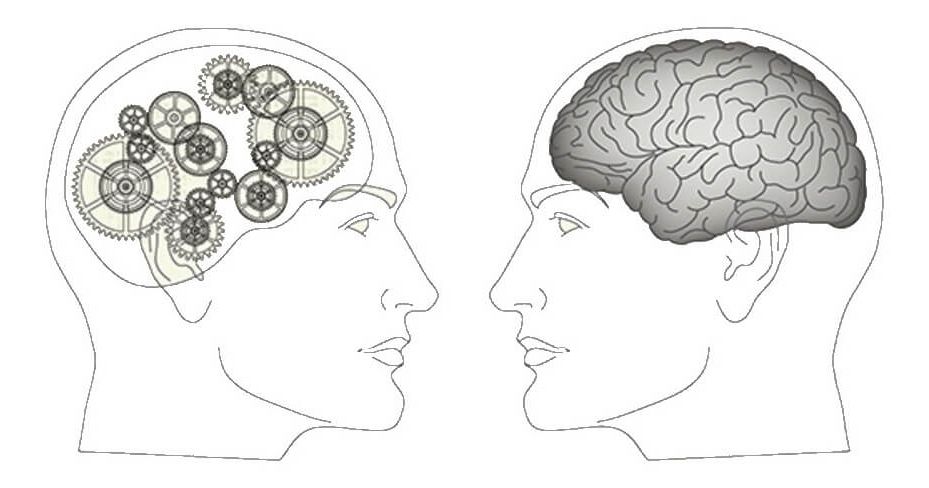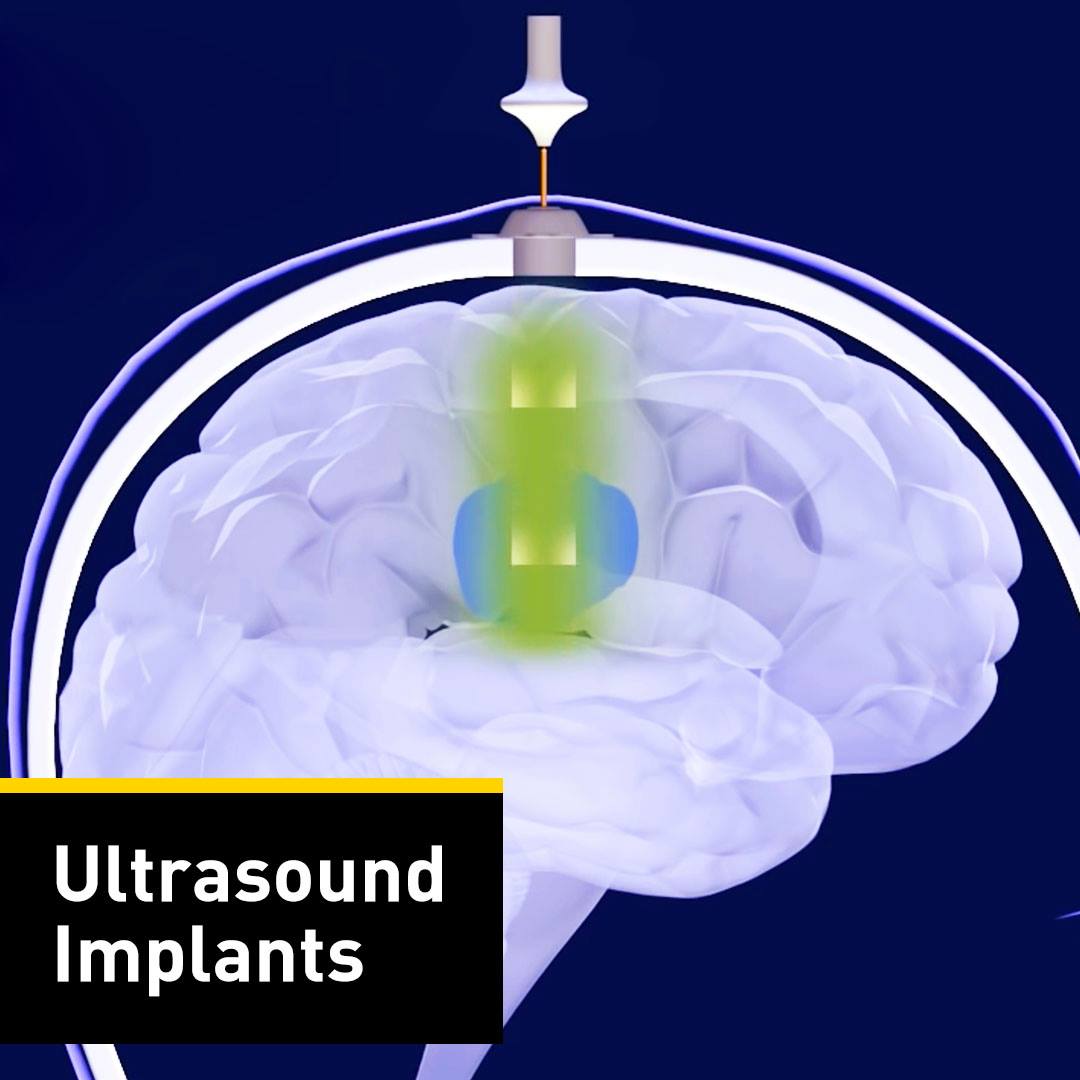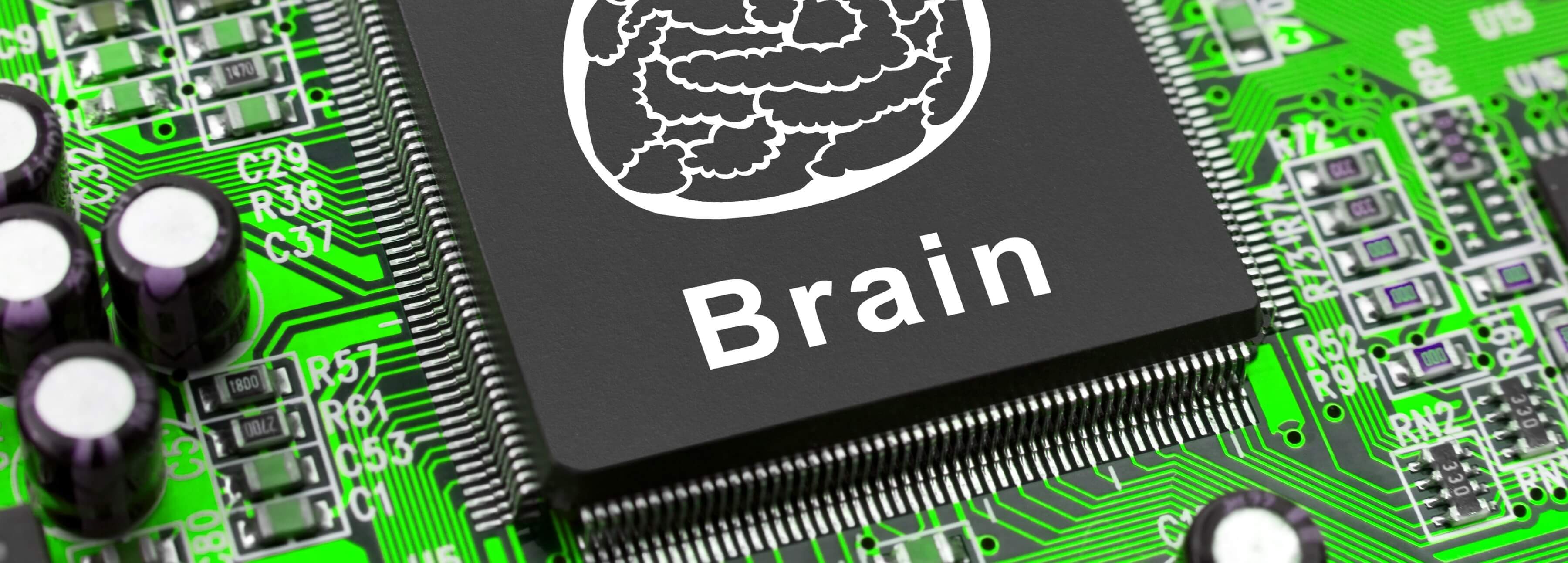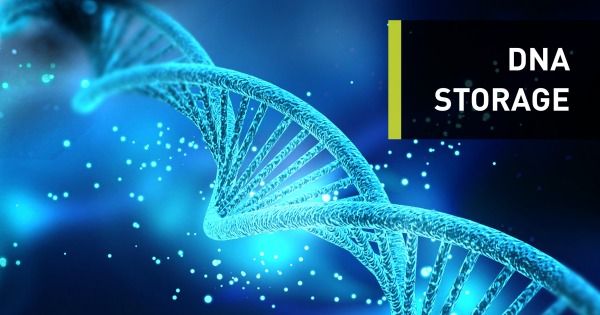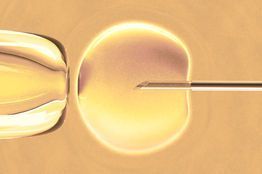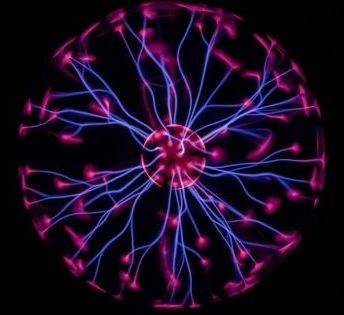
Scientists have just found a way to make use of plasma, the fourth state of matter, to improve bone development. Using cold fusion, researchers were able to initiate increased bone growth.
It is a bit ironic that plasma is the least known state of matter, when in fact it is the most abundant in the universe. It is found in our Sun and all other stars, lightning, in our TVs, fluorescent light, and neon signs, and (purportedly) even in our favorite fictional weapon in the Star Wars universe, the lightsaber.
Plasma can be classified according to the degree of ionization, temperature, etc, but whatever form it may take, plasma has been used in various fields, such as in spacecraft propulsion, agriculture, and quite recently, in medicine.
Continue reading “Regenerative Medicine: Plasma Being Used To Improve Bone Healing” »
